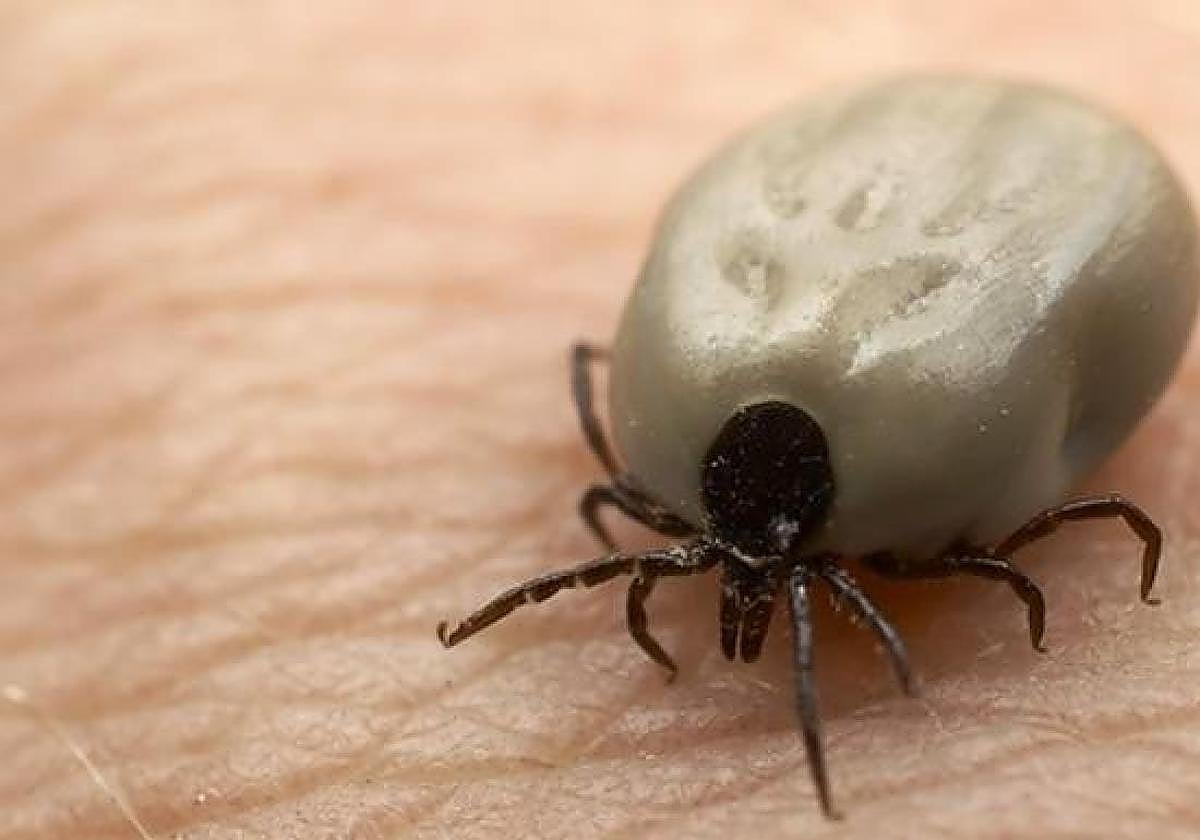Tick infestation reaches Andalucía region, which is on alert for Lyme disease
The anthropods can transmit more than 50 different diseases with their bites, which are quite difficult to detect, according to experts
Alberto Flores
Granada
Tuesday, 15 August 2023, 10:14
The very high temperatures we are experiencing in Andalucía are wreaking havoc in different areas. Heatwaves are coming one after the other and, in addition to record temperatures, they are also causing other serious problems: an increase in the presence of many pests that are potentially dangerous to humans.
"Right now there are four species with a higher incidence than usual: mosquitoes, black flies, cockroaches and ticks," Jacinto Díez, spokesman and expert for Rentokil Initial told Ideal newspaper. And, although people tend to pay more attention to the other three, the danger that ticks pose to people's health is "very great".
"The common factor in the increase of all these species is heat. Mild winters and autumns encourage them to continue their reproductive activity and with heatwaves their biological cycle accelerates, so they increase exponentially". This situation has meant that although ticks were usually only detected in the countryside, they are now also seen in purely urban environments such as parks and gardens.
"During the last few months there is a higher incidence of bites and they can cause some nasty diseases. It is a problem, a major public health risk," added Díez. The situation is fairly widespread throughout the Spanish mainland, although its incidence is higher in the southern half, as this is where temperatures are higher.
Lyme disease
A tick bite can transmit a large number of bacteria and viruses to the host that can lead to serious consequences. "They can spend up to 48 hours feeding on our blood and the problem is that we normally detect the bite when the tick has detached from the body," and this means that the bite is not identified with the anthropod.
"They can spend up to 48 hours feeding on our blood and the problem is that we usually detect the bite when the tick has detached itself from the body"
In terms of the problems they can cause, they have the ability to transmit Lyme disease, which if not treated in time can be "very dangerous". Symptoms include fever, headache, fatigue, joint pain and palpitations. In many cases it requires hospital admission.
Prevention
On how to avoid being bitten, Díez explains that the best strategy is prevention: "When going for a walk in the countryside, it is best to wear long sleeves and closed shoes, with as little skin exposed as possible to prevent the tick from attaching itself". And once at home after the walk, it is advisable to take a shower and check all over the body for ticks or bites.
If you find a tick, be careful and remove it with tweezers. Otherwise it is possible to crush it and its jaw may remain inside the skin. "Once removed, it is advisable to store it in alcohol and keep it in case of any unusual symptoms. In that case, it is best to go to a medical centre and take the specimen with you, which will make the medical staff's job easier". And you should also be careful with pets, who should have their anti-parasite treatments up to date so that they are not the ones who bring ticks into the house.
